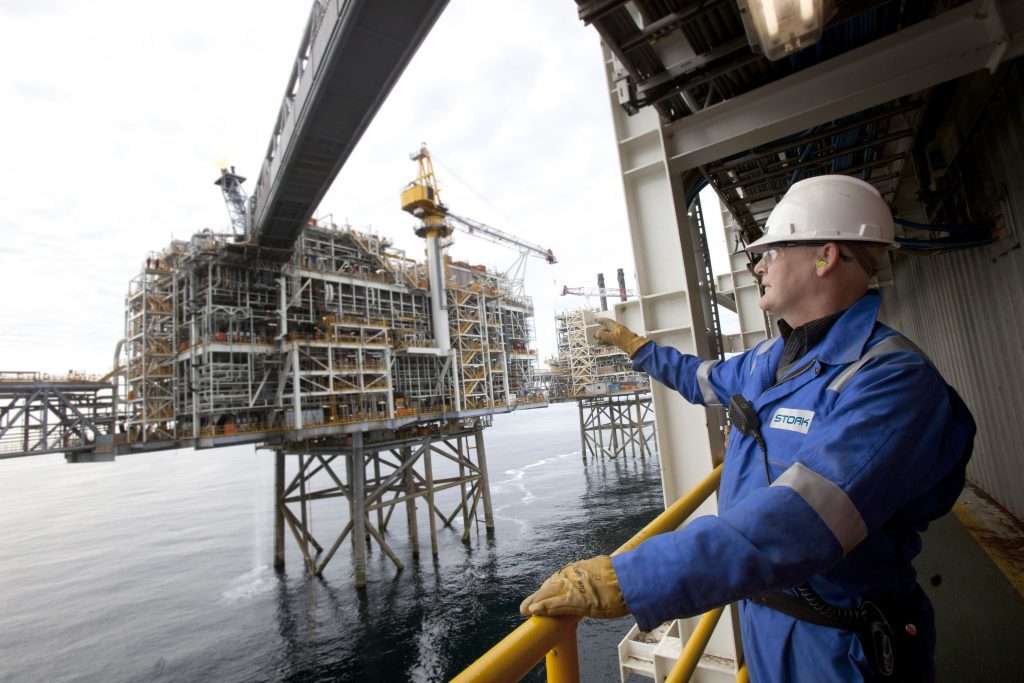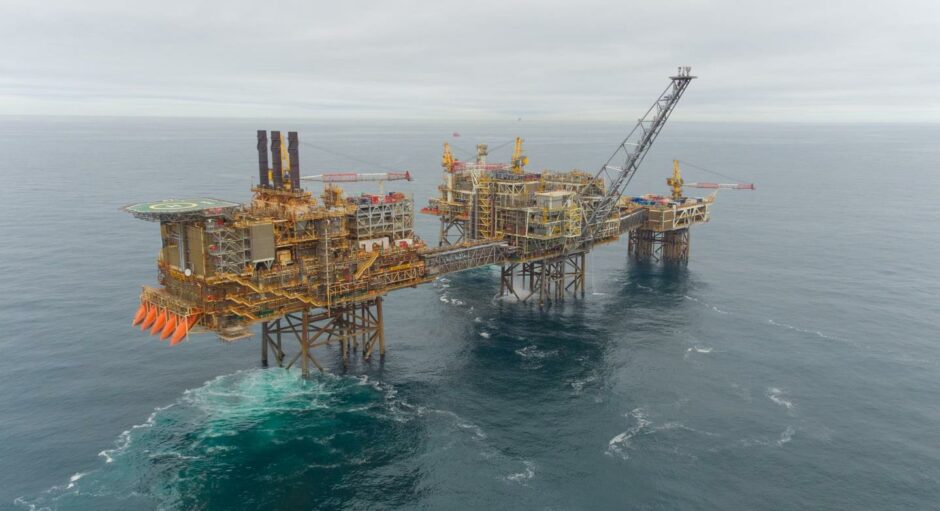
Stork has written to its employees that engaged in wildcat North Sea strikes last week to express the company’s “disappointment” in their actions.
In a letter circulating online, the oil and gas contractor describes the move as “unreasonable and unjustified”, and has confirmed those who took part will be penalised.
Crew members who unofficially downed tools will not receive payment for the hours that they didn’t work, Stork said.
Moreover, they will not be “considered for any permanent retained crew contracts (PRC)” or any “core vacancies” that crop up in the next year.
Addressing those that took part in the strikes directly, Stork said: “Any future unofficial strike action involving yourself cannot be tolerated and will be subject to full investigation and disciplinary due to breach of contract under gross misconduct.
“Any industrial action taken must follow formal process and only be taken with the support of the unions following the proper balloting process.”
Several platforms impacted
After weeks of speculation, offshore workers on a host of North Sea platforms begun wildcat strikes at 1pm on September 8.
Unions criticised the unofficial action, arguing it would jeopardise future pay and jobs deals – employers also threatened disciplinary action for those involved.
Workers were demanding a pay increase to help them cope with the mounting cost-of-living, which has been mirrored by bumper profits for oil companies.
While the total number of participant was unclear, it’s thought it could have been into the hundreds and numerous platforms were impacted, including Buzzard, Beryl Alpha, Armada, Judy.
The ESA
One of the main grievances flagged by strikers was the current terms of the Energy Services Agreement (ESA), a collective bargaining pact that sets minimum pay and conditions for around 5,000 workers.
Stork, a member of the ESA, has previously said it is in discussions with trade unions to address the concerns raised by workers with regards to the agreement.
In the letter it set out the areas it is working on, including a skills shortage pay increase of 3% and developing an ‘offshore passport’ to avoid duplication of training.
Stork said: “All of this takes time, and the signatories are making progress with a target to complete the recommendations from these activities by the end of September 2022.
“However, you chose to down tools prior to allowing the ESA to complete this exercise, which Stork considers to be unreasonable and unjustified.”
Stork had no comment when approached.

 © Supplied by CNOOC
© Supplied by CNOOC